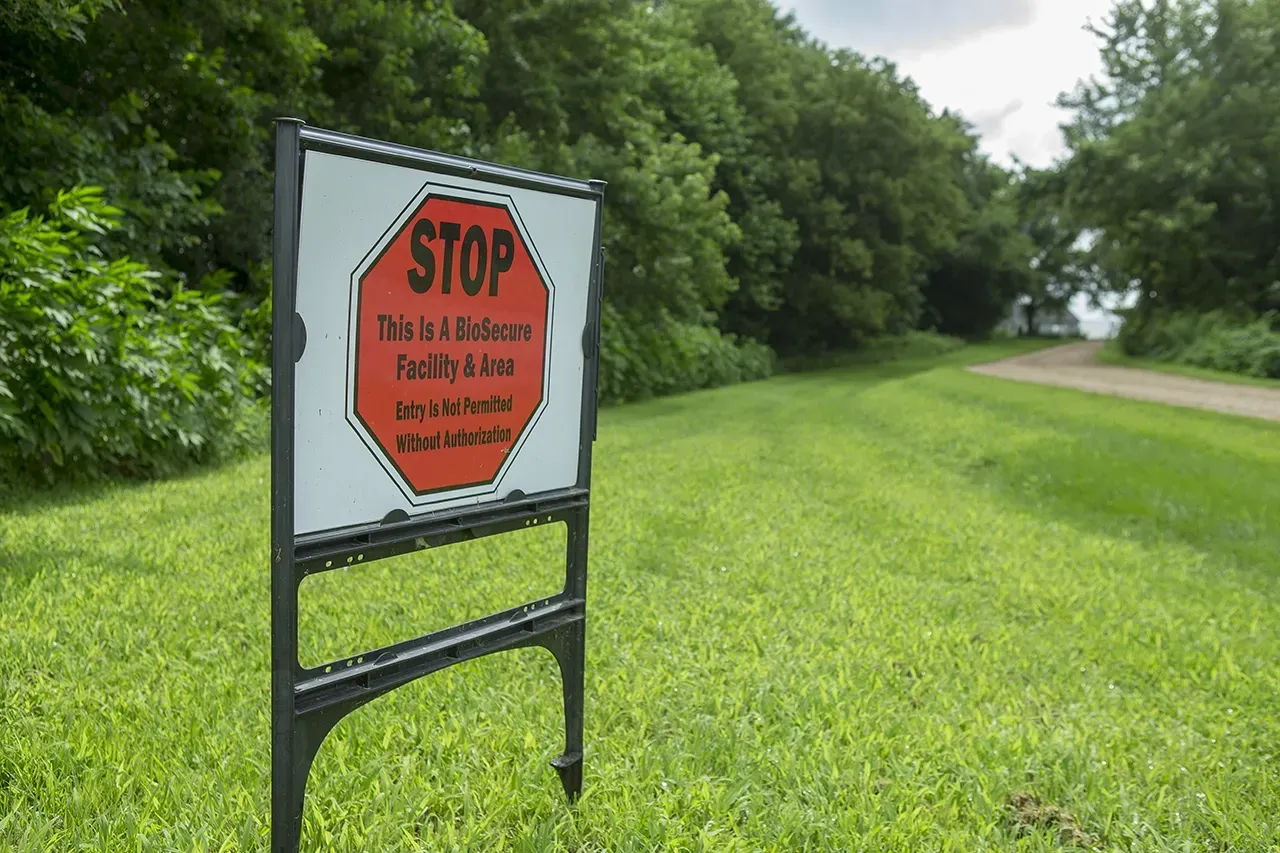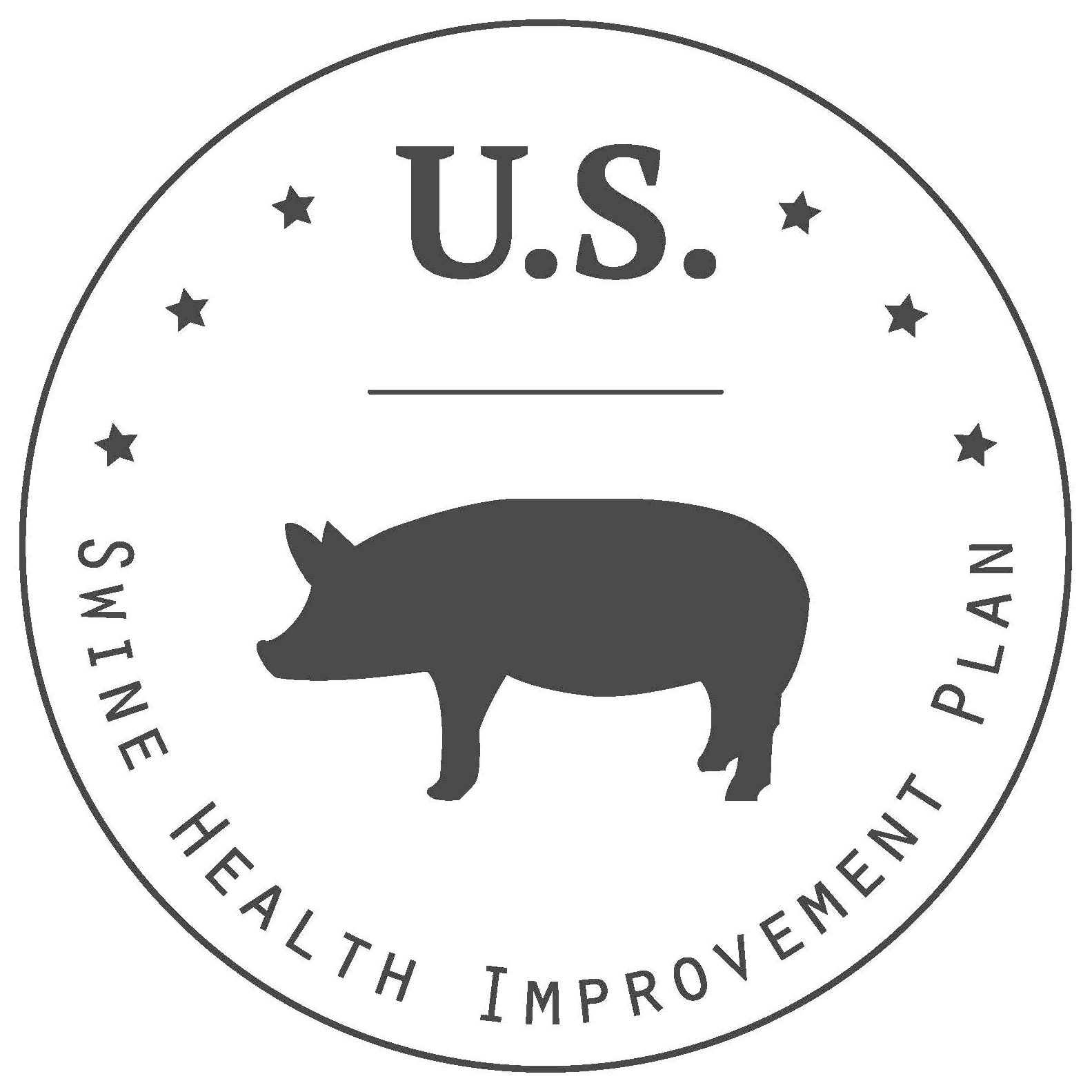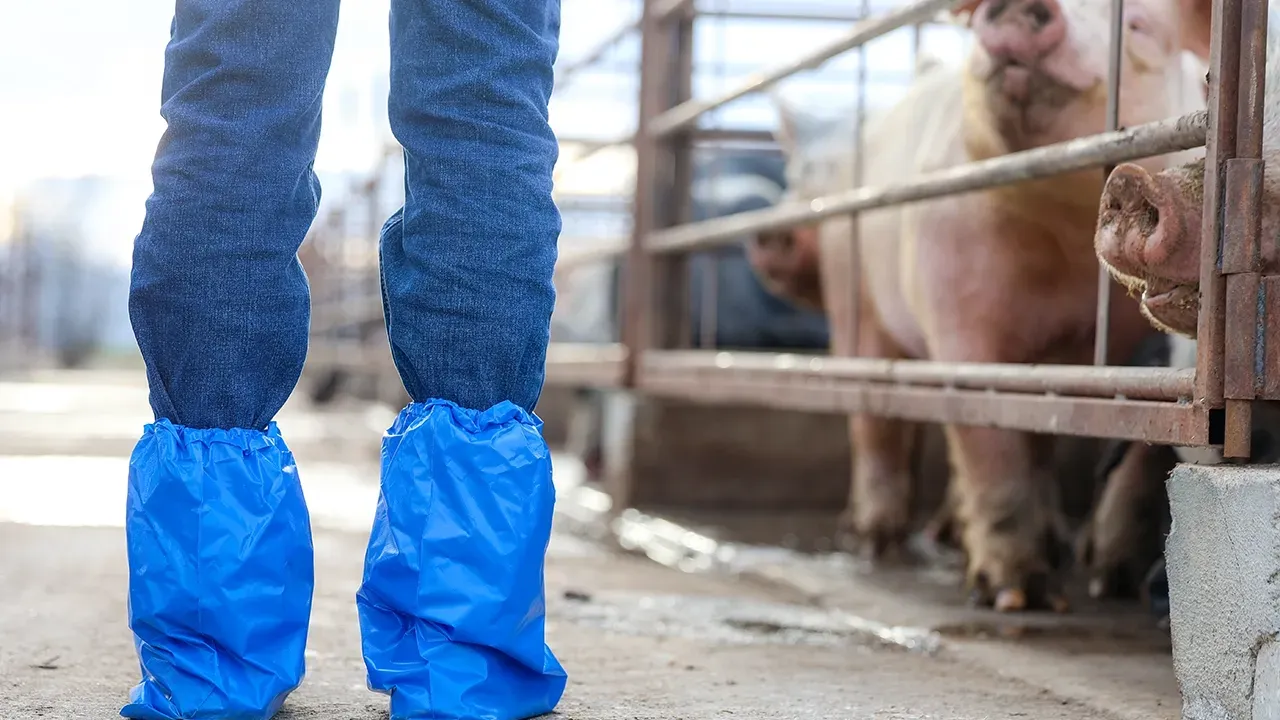
Biosecurity working group members convene on core areas of biosecurity for swine, including:
- Site biosecurity and feral pig risk mitigation
- Feed biosafety
- Live haul sanitation
To find the latest U.S. SHIP certification requirements, review the Program Standards.
For more biosecurity tips and resources, visit Protect Our Pigs.
How Do Biosecurity Standards Help?
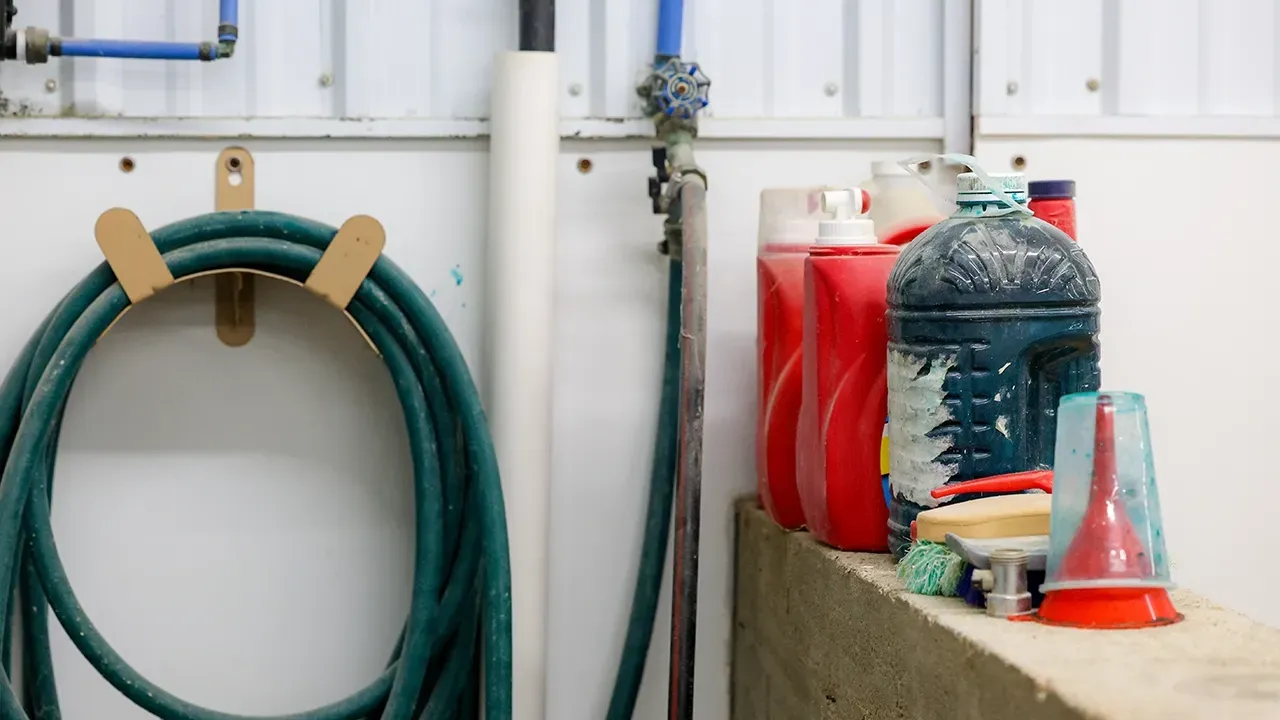
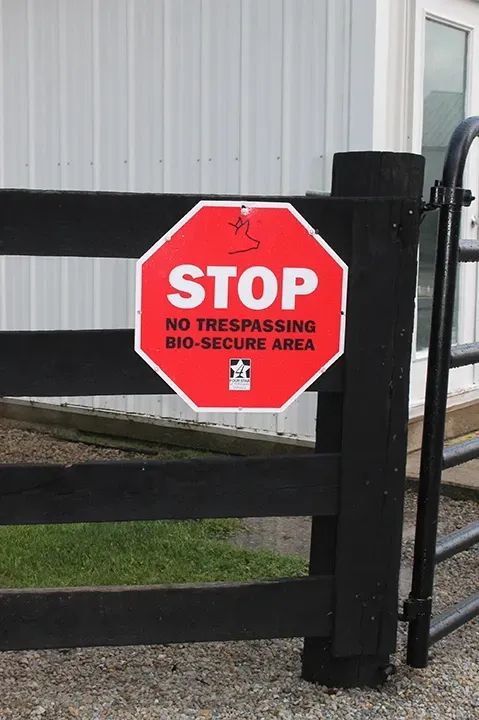

Following consistent biosecurity standards across the U.S. swine industry helps reduce the risk of disease introduction onto our Nation’s swine farms.
Endemic and foreign animal diseases may result in a number of negative consequences, including:
- Animal sickness and mortality
- Welfare concerns
- Production losses
- Market disruptions
- Significant stress for producers and workers
Biosecurity standards are critical to mitigate the impact of disease and further enhance foreign animal disease preparedness.
Latest data from the USDA National Agricultural Statistics Service identified an inventory of 76.8 million pigs in the United States. If a highly contagious foreign animal disease like ASF was confirmed anywhere in the United States, it could spread rapidly across the country.
Effective biosecurity is the first line of defense. Every U.S. swine farm would need to quickly scale up existing biosecurity to reduce the chance of becoming infected.
U.S. SHIP standards provide the foundation for strong biosecurity and preparedness industrywide.
Biosecurity standards help protect against endemic diseases, keeping individual pigs and herds healthy while improving U.S. swine health as a whole.
Endemic diseases, such as porcine reproductive and respiratory syndrome, bring high costs to U.S. swine farms. Biosecurity is the best way to mitigate spread of these diseases into and between farms.
Sharing key prevention steps and biosecurity measures with everyone at the farm or facility helps keep all infectious diseases off your property—and away from your pigs.
For free biosecurity resources and information, visit Protect Our Pigs.

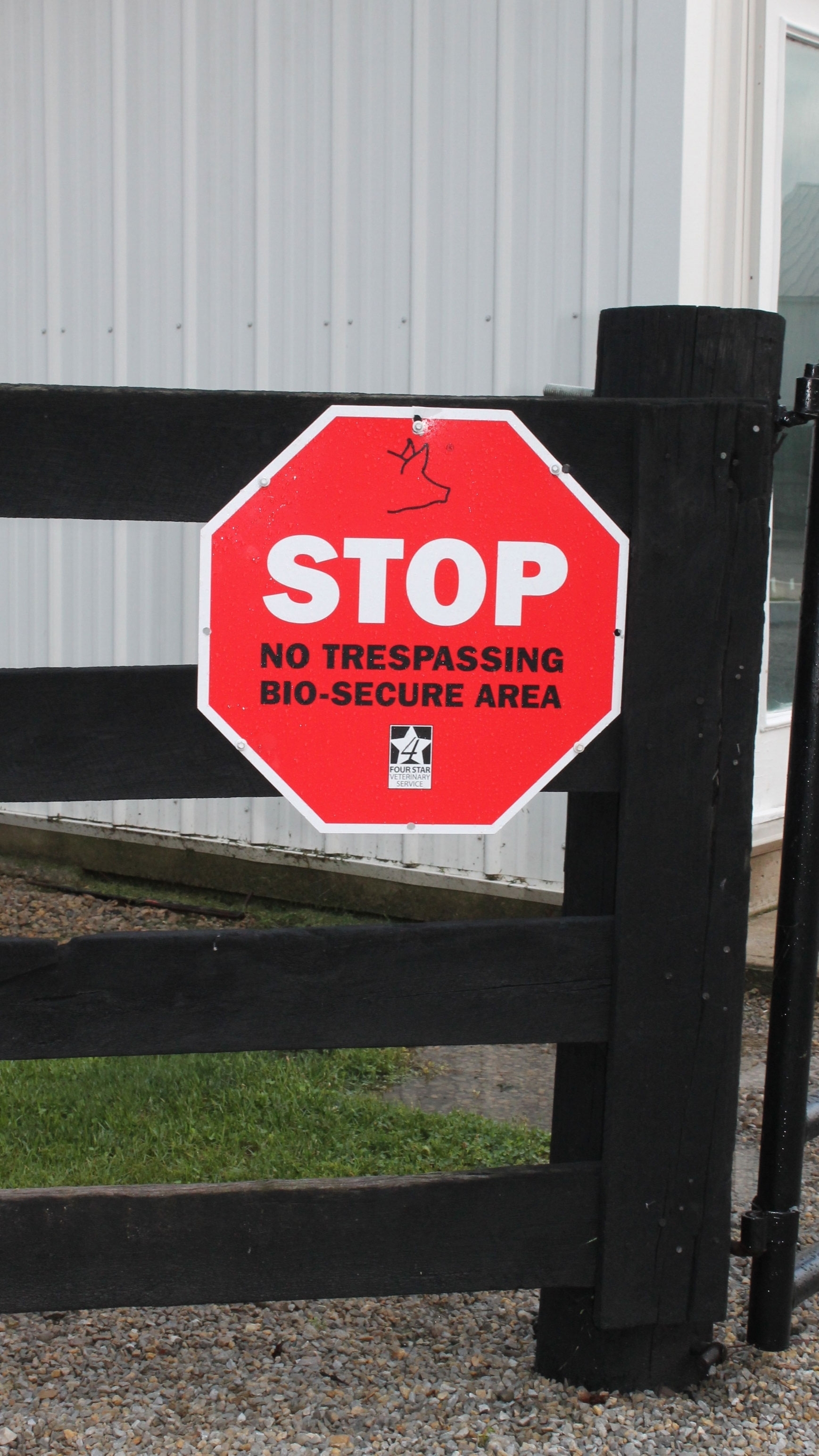

Have a question?
Contact your U.S. SHIP Official State Agency (OSA) for help with enrollment, certification, and other local program needs.
For questions about the national program or help connecting with your OSA, contact the U.S. SHIP program administrators.


